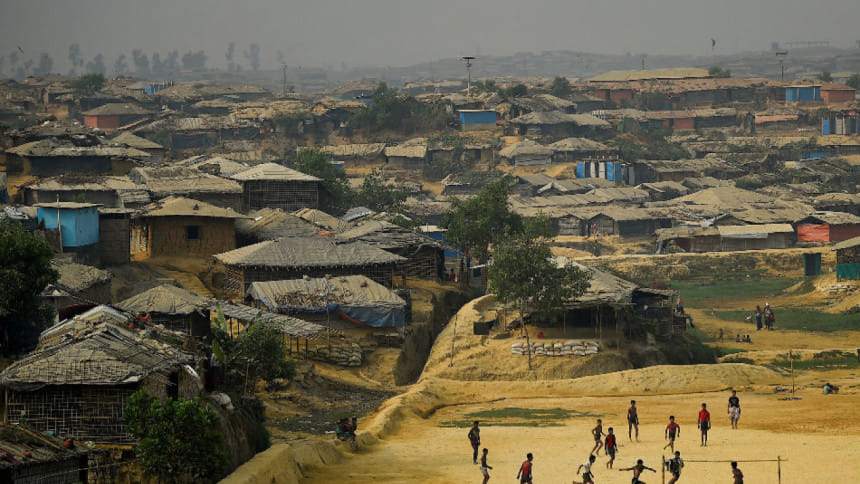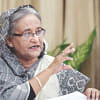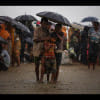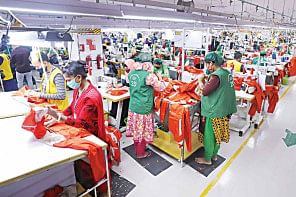Rohingya Fund Use: INGO Forum welcomes probe

The INGO Forum Bangladesh said it would welcome any investigation into the allegations that NGOs and aid agencies spent only a quarter of the funds they received for the Rohingya crisis.
"We are also ready to provide any information relevant to our operations needed for public scrutiny for the sake of transparency and accountability," said a statement issued by the forum, which represents over 70 international NGOs working in Bangladesh.
It comes in response to Liberation War Affairs Minister AKM Mozammel Haque's March 13 remarks that the foreign organisations' high expenditure for accommodation was "saddening".
The organisations spent Tk 150 crore in hotel rent and another Tk 8 crore in flat and house rent in the last six months, he said.
Haque, also chairman of Cabinet Committee on Law and Order, said the cabinet committee had expressed its concern over the activities of NGOs as some of them were working for the Rohingyas with an "ill motive" and asked law enforcement agencies to submit a list of NGOs operating with "ill motives".
In response, the INGO Forum yesterday said it would like to convey its gratitude to him for bringing the allegations to public attention.
"We fully understand the reasons for the Hon'ble Minister's concern, because in our understanding, operational costs need to be rational and within standard limits," the statement said.
The forum drew the minister's attention to the fact that a number of UN agencies, international and national NGOs have been working with the government in the Rohingya operations, and that each of these institutions has its own form of governance, operational modalities and budgeting.
INGO Forum said it would like to assure the minister and others concerned that INGOs working to help the Rohingyas "abide by the strictest financial rules and regulations, following and the government-approved operational cost standards, with no allowance for excessive overheads."
"All our operations, including our programmes related to the Rohingyas, are carried out only subject to specific approval of the NGO Affairs Bureau (NGOAB) of the government operating under the Office of the Hon'ble Prime Minister.
"These are specific projects approved by the NGOAB based on specific programmatic and financial details including programme-related itemised budgets with approved limit for administrative overhead expenses."
The forum assured the minister that the INGOs were open to any investigation.
Over one million Rohingyas, including 740,000 who fled to Bangladesh after a military crackdown since late 2017, are living in Cox's Bazar and needing humanitarian assistances.
According to Cox's Bazar CSO-NGO Forum (CCNF), a platform of local NGOs and civil society organisations, 69 percent of the funds for the Rohingyas go to UN agencies, followed by INGOs (20 percent) and the Red Cross (7 percent). National NGOs receive only four percent.
CCNF has been demanding more efficient use of the aid money through employing more local people, instead of the expatriates, and investment in income-generating activities in the district.

 For all latest news, follow The Daily Star's Google News channel.
For all latest news, follow The Daily Star's Google News channel. 








Comments